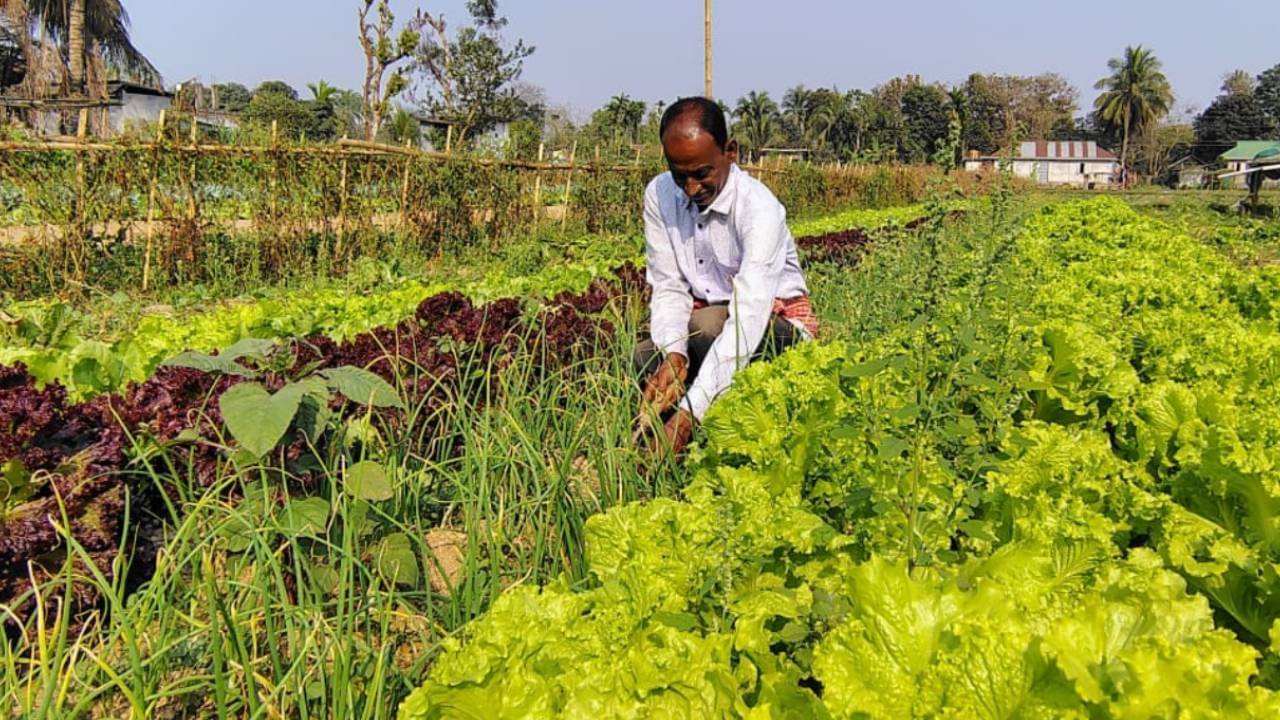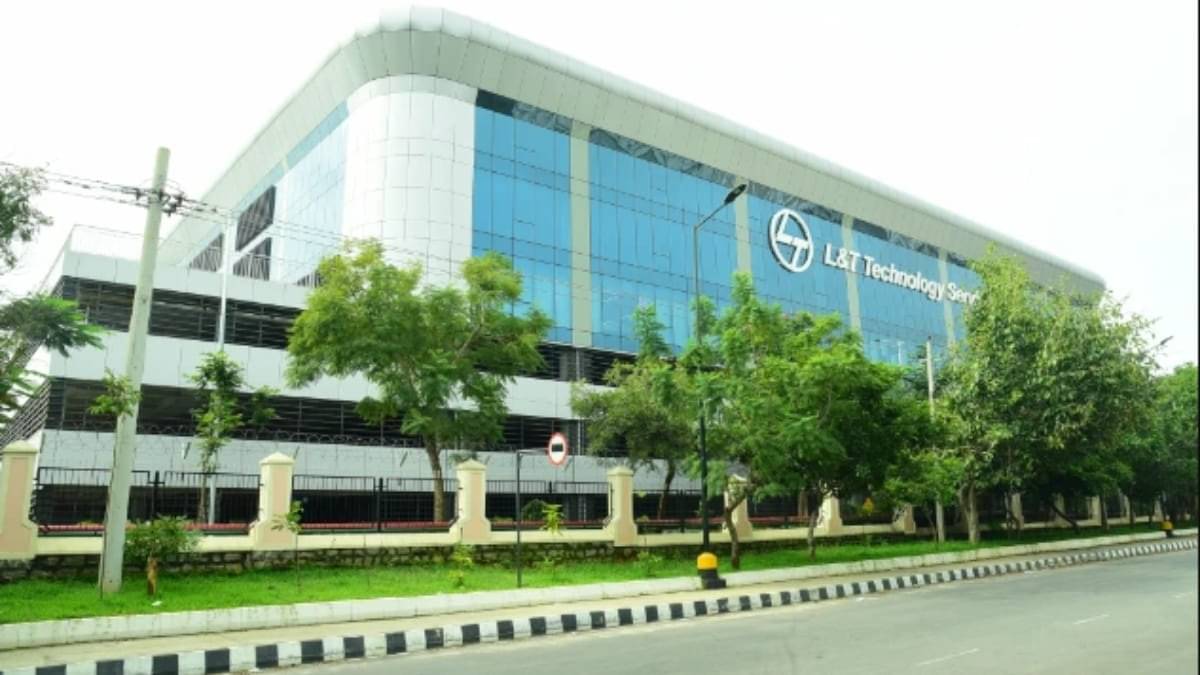Now Reading: Cabinet Approves ‘Dhan-Dhaanya Krishi Yojana’ for Agricultural Boost in 100 Districts
-
01
Cabinet Approves ‘Dhan-Dhaanya Krishi Yojana’ for Agricultural Boost in 100 Districts
Cabinet Approves ‘Dhan-Dhaanya Krishi Yojana’ for Agricultural Boost in 100 Districts

Quick Summary
- The Union Cabinet, chaired by Prime Minister Narendra Modi, has approved the “Prime Minister Dhan-Dhaanya Krishi Yojana” for 2025-31.
- Focus: 100 districts selected based on low productivity, cropping intensity, and limited credit access; every state will have at least one district involved.
- Inspired by NITI AayogS Aspirational Districts model; focuses only on agriculture and allied sectors.
- Integration: Combines 36 central schemes across 11 departments with state programmes and private-sector partnerships.
- Goals: Enhance productivity, crop diversification, promote sustainable practices, develop irrigation infrastructure, strengthen post-harvest storage at panchayat/block levels, and improve credit availability for farmers.
- Implementation: Detailed Agriculture Plans prepared by district-level committees with input from progressive farmers; monitored using a dashboard tracking 117 performance indicators overseen by NITI Aayog.
- Outcomes expected: Higher agricultural productivity, improved value addition in crops/products, increased local employment opportunities in selected regions of India.
Image Source: ANI
Indian opinion Analysis
The “Prime Minister Dhan-Dhaanya Krishi Yojana” represents an aspiring policy shift aimed at addressing systemic inefficiencies within india’s agricultural sector through targeted intervention in vulnerable districts. By incorporating a multi-dimensional approach-spanning productivity improvements to credit access-the scheme aligns closely with national goals like Atmanirbhar Bharat (self-reliance). Its reliance on collaborative efforts between government bodies and private entities suggests a potentially impactful restructuring of farming practices.
Using evidence-based monitoring via performance metrics may ensure accountability during implementation phases while empowering local stakeholders through farmer-led district planning offers ground-level relevance to the programme’s outcomes. Though substantial coordination challenges due to its large-scale integration might need deliberative attention among policymakers ensuring effectiveness across respective blocks states Read More:























